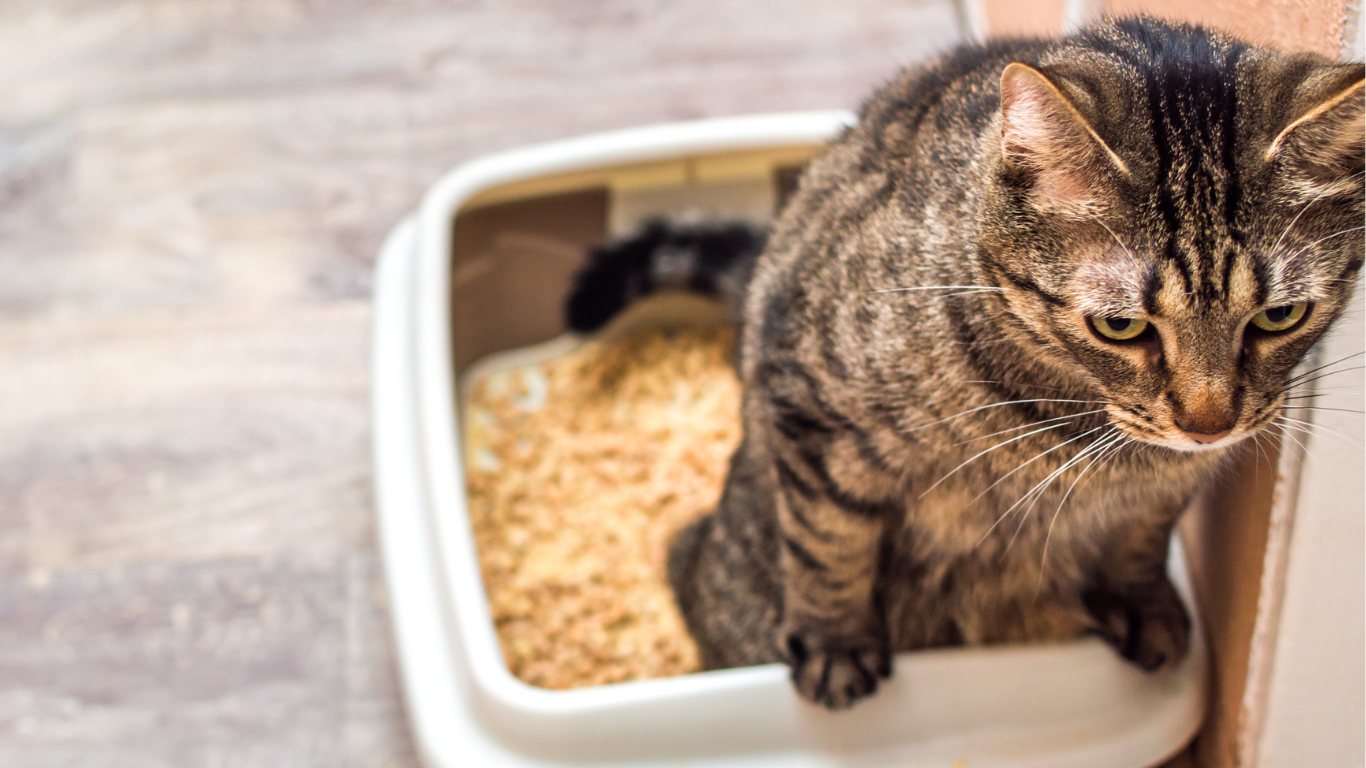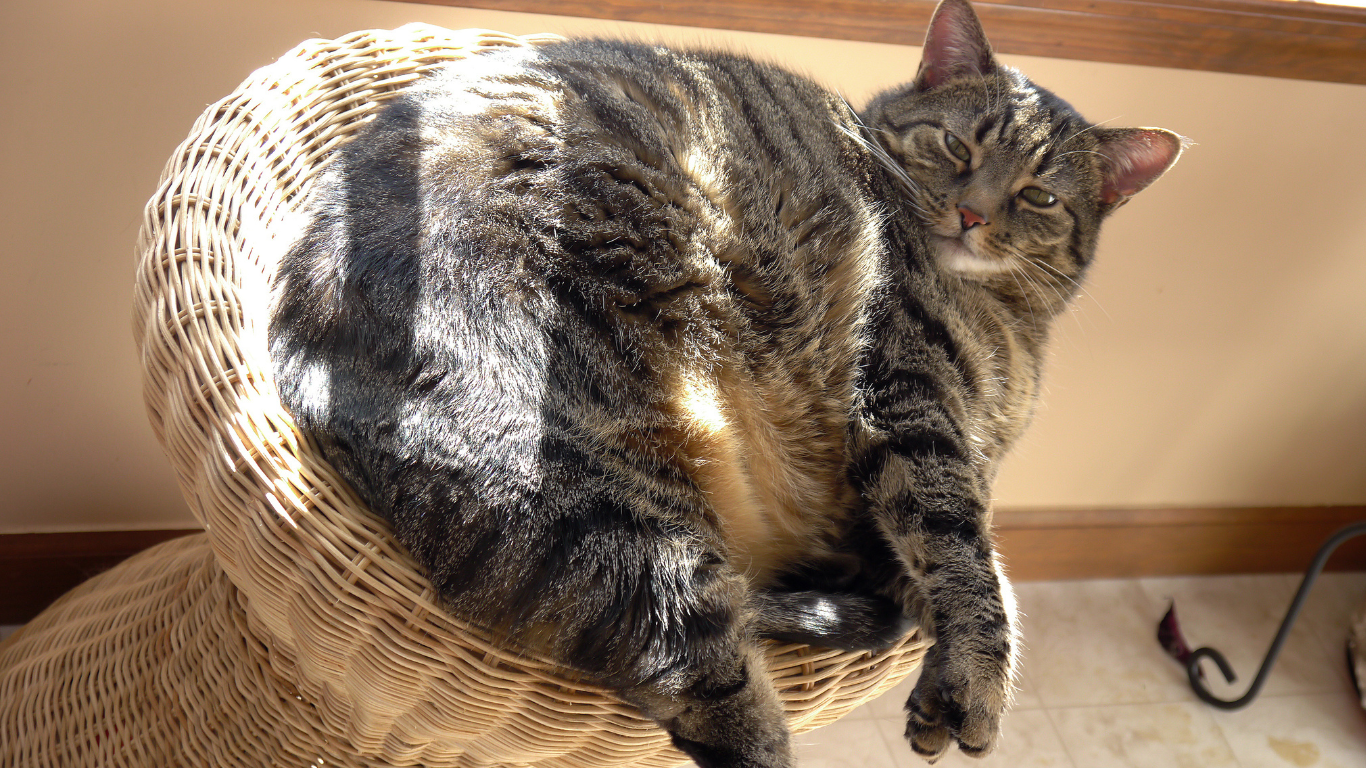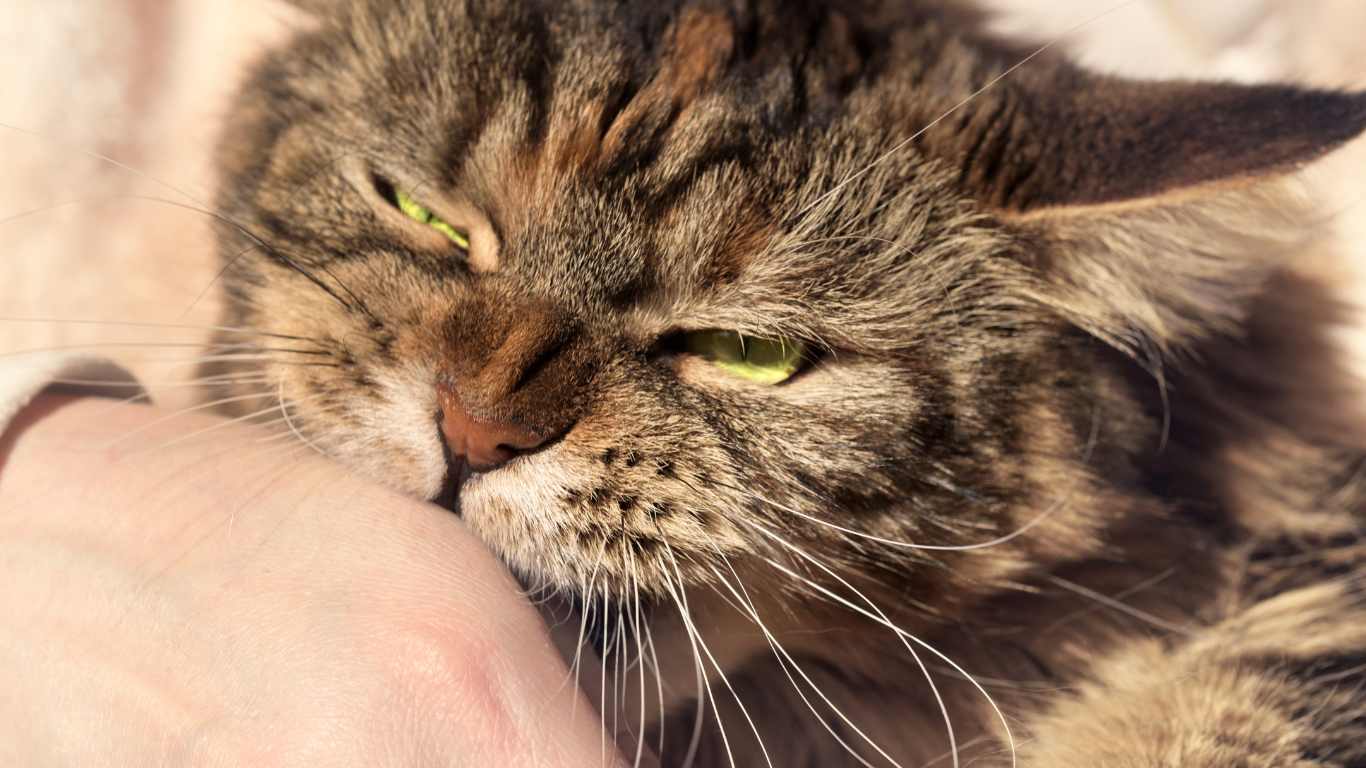Veterinarian Dr. Karin Schlotterbeck explains:

First of all, when it comes to diarrhea, it should be said that diarrhea is not a diagnosis, but a symptom that can have a number of underlying causes.
Diarrhea can be accompanied by or without an increase in the amount of feces. While large intestine diseases often result in small portions being emptied, some of which may be covered in mucus, small intestine diseases lead to the consumption of larger quantities.
The most common causes of diarrhea in cats:
- Parasitic disease: These include worms (roundworms, tapeworms and hookworms), giardia or coccidia.
- Viral diseases such as FIV, FIP, FELV, among others
- Bacteria such as E. coli, salmonella and others
- Feed intolerances
- Ingestion of poison or medication
- Various organ diseases: diseases of the pancreas, kidneys, liver, an overactive thyroid (hyperthyroidism) or diabetes mellitus can be mentioned here.
- Immune diseases
- Tumors
What can I do if my cat has diarrhea and is otherwise alert?
First of all, a gastrointestinal diet with, for example, boiled chicken or turkey with rice is suitable for treating the symptoms. If the cat likes to eat carrots, Morosche soup is particularly suitable.Adding probiotics can also have a positive effect on the cat's intestinal flora. A maximum of one to two tablespoons of high-quality natural yogurt with lactic acid bacteria per day is suitable. Since cats are primarily carnivores, the addition of yogurt should be limited to the time of diarrhea.
Unlike dogs, a cat should not fast if it has diarrhea, but must eat something again after a short time. Otherwise, there is a risk of the fat metabolism being derailed and thus dangerous lipidosis (fatty liver disease).
If the diarrhea is the result of food intolerance, slowly switching to a different food can also help.
When do I need to see the vet?
If the adult cat shows severe vomiting in addition to diarrhea, if its general condition is reduced or if the diarrhea lasts longer than a few days, you should consult the veterinarian. The veterinary practice will ask exactly what the cat normally eats, whether it has eaten anything unusual, what other symptoms are present, when the cat was dewormed, whether it is an outdoor animal and hunts, and whether and how it has been vaccinated. However, especially in young cats, diarrhea can be more damaging to their health, so pay close attention to their weight. If she loses weight and has diarrhea for more than a day, you should see the vet immediately.
Chronic diarrhea
Diarrhea that lasts longer than three weeks or occurs repeatedly should definitely be clarified!
A complete clinical examination will be carried out at the vet. First of all, a collective stool sample (from three days) will be examined to rule out parasites or bacteria as the cause. The next step in the workup should be a blood and urine test. Among other things, evidence of the following diseases can be found: liver disease, overactive thyroid (hyperthyroidism) or kidney disease. Depending on the identified cause of the chronic diarrhea, the veterinarian will complete his diagnosis or look for further causes. Further examinations such as ultrasound, x-rays or gastrointestinal examination can follow.










